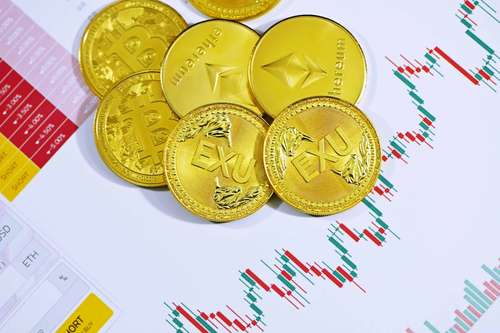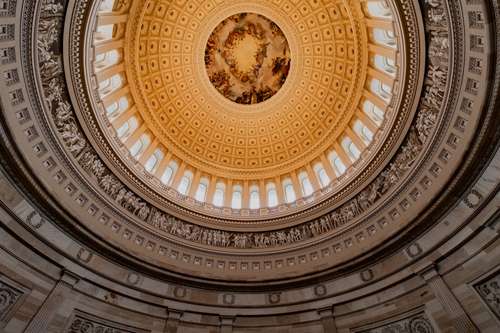After promising the greatest reform of the nation's payment infrastructure since the early days of the internet, Australia will take the next step toward regulating bitcoin.
Since 2018, more than 800,000 Australians have invested in cryptocurrencies. Survey data suggested up to one quarter of Australians had used cryptocurrency. Although the acquisition and trade of virtual assets in Australia is still mostly unregulated that, according to Financial Services Minister Jane Hume, is going to change.
Under the proposed revisions, a cryptocurrency taxation system, investor protections from unscrupulous dealers, and methods of regulating digital banks, crypto exchanges, and brokers are all on the table.
“The government can’t guarantee your crypto any more than it can guarantee a painting or a share in a company, and nor should it but we can make sure Australian exchanges, custodians and brokers – Australian players in the crypto ecosystem – work within a regulatory framework that is better, safer and more secure.” Financial Services Minister Jane Hume said on Sunday.
In December, Federal Treasurer Josh Frydenberg announced that the Morrison government would seek to make the most significant changes to the sector in 25 years.
Senator Andrew Bragg's parliamentary study into the sector, which found Australia's current regulations were unfit for purpose, will be incorporated into the reforms.
The government will issue three major documents on Monday as it begins consultations with industry, with the goal of implementing many of the reforms by the end of the year.
The reforms announced will modernize the rules governing how Australians transact every day, including through new forms of payment like Digital Wallets and Buy Now Pay Later. The reforms also aim to give Australian’s confidence that businesses they engage with to buy, sell or hold digital assets like crypto are subject to appropriate oversight and licensing arrangements.
As part of these reforms, the Australian Government will also investigate the feasibility of a Central Bank Digital Currency and seek to address the complex issue of de-banking.
Through the reforms, the government will improve regulatory certainty for businesses, better protect consumers and investors and support competition by making it easier for innovative new entrants.
The changes represent “the most significant reforms to our payments system in 25 years”, the Treasurer said and will prevent rules being dictated by big tech and foreign governments.
“It is how we will capitalize on the opportunity for Australia to lead the world in this emerging and fast-growing area which has almost endless potential applications.”
The government’s proposals have been informed by three major reviews into Australia’s current regulatory framework; the Review of the Australian Payments System, the Senate Committee Australia as a Technology and Financial Centre Final Report, and the Parliamentary Joint Committee Corporations and Financial Services report: Mobile Payment and Digital Wallet Financial Services.
These studies found that Australia's payment system framework needs to be modernized to help drive innovation and spur competition, and that if it isn't, Australian consumers and businesses will increasingly transact in largely unregulated environments, with any rules set by foreign governments and large multinational corporations.
The government is responding to all 41 recommendations from the three reviews, focusing on centralizing management of the payments system, including greater powers for the Treasurer to formulate payment policy and fundamental reform to strengthen business and consumer protections.
A paper requesting industry input on approaches to developing a licensing and custody framework for digital assets is one of these documents.
Treasury had been considering requiring cryptocurrency exchanges to retain the assets of Australian investors onshore as part of this custody scheme — with limited exceptions.
The Australian Competition and Consumer Commission and the Council of Financial Regulators (CFR) have been entrusted with investigating "de-banking" in the digital arena of fintech.
When a bank refuses to offer or continue to supply a banking service to a customer, the practice might have serious ramifications.
When the CFR meets again on Friday, it will debate measures to address fintech de-banking before presenting a final paper to the government in June.
The Board of Taxation (BoT) will assess an appropriate policy framework for the taxation of digital transactions and assets in Australia by the end of this year and report to the government.




